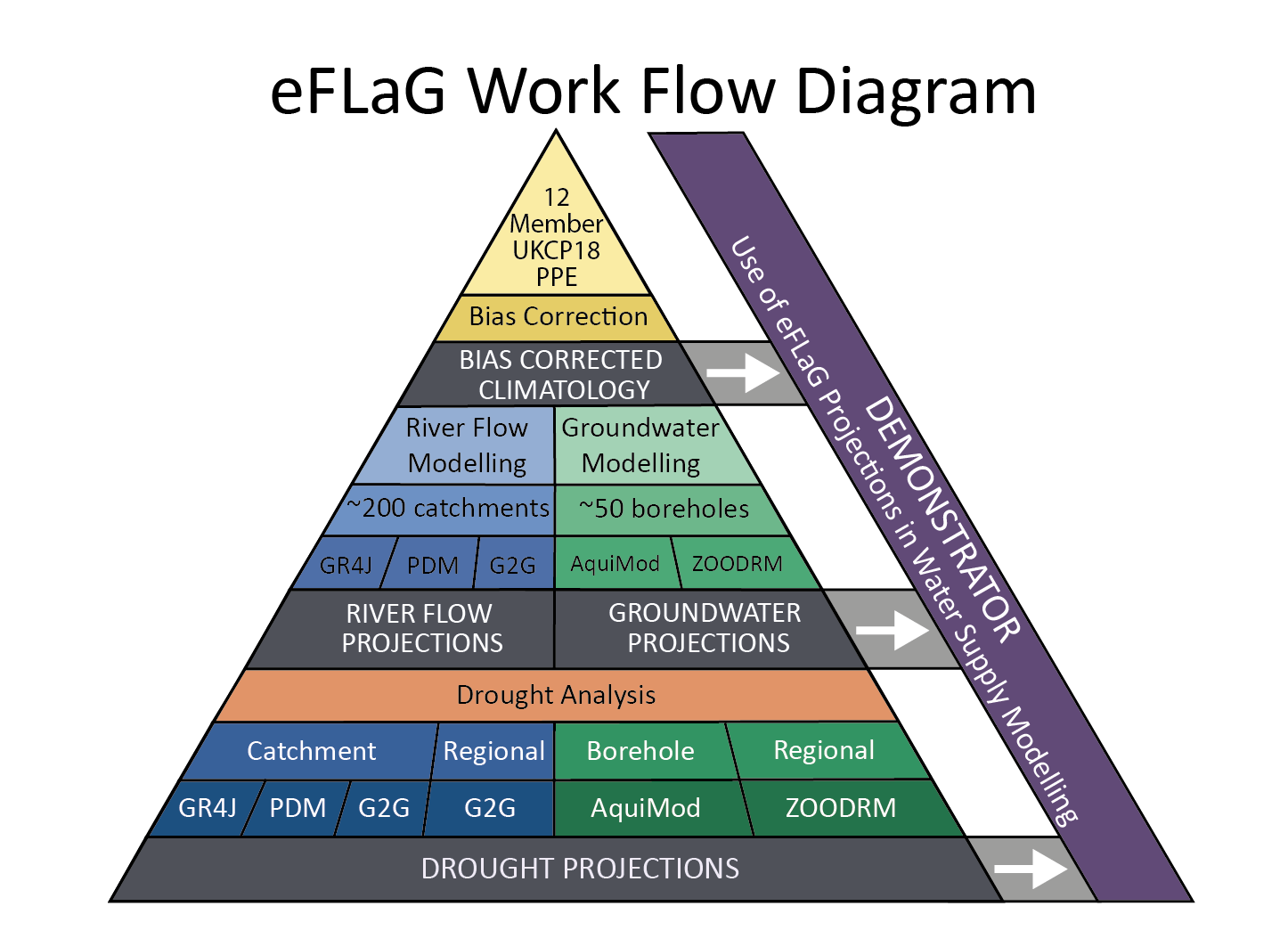There is already unequivocal evidence that the UK is warming as a result of human-induced climate change, and projections suggest significant warming is likely through the 21st century. Future warming will modify patterns of river flow and groundwater recharge, affecting the availability of water for human use, while also changing the aquatic environment.
The challenge for water managers is how to plan for potential future changes in water availability, and changes in the frequency or severity of hydrological extremes (floods and droughts), in order to inform appropriate adaptation responses.
In the UK, the water industry and regulators set out long-term water resources management plans to ensure security of public water supply, while also maintaining the quality of the water environment. To do so, they must demonstrate that water supply systems are resilient to severe droughts, and must factor climate change into these plans.
This represents a major challenge, given the difficulties of quantifying the risk of severe droughts which are by their very nature rare, and because of the high uncertainties in future projections of climate change, let alone how river flows and groundwater aquifers will respond. There is a need for high quality meteorological and hydrological datasets based on the latest climate projections, which can be analysed to understand the likely evolution of future river flows and groundwater recharge, and in particular future drought risk.


